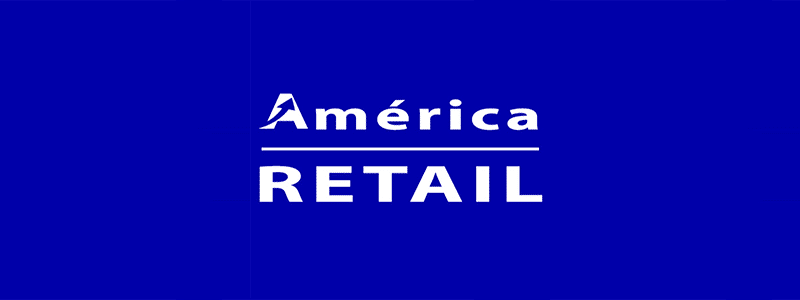We invite you to read the opinion column of our managing partner, Rodrigo Albagli, on the challenges that arise for corporate governance after the enactment of the Economic Crimes Law.
This week the “New Law on Economic Crimes” was enacted by President Gabriel Boric. It is a norm that began its processing in the Chamber of Deputies in January 2020 through the Bill “that systematizes economic crimes and attacks against the environment, modifies various legal bodies that typify crimes against the socioeconomic order, and adapts the penalties applicable to all of them” of the consolidated Bulletins No. 13.204-07 and 13205-07.
The new Law on Economic Crimes brings important changes to the punitive system, as well as to Law No. 20.393, which establishes the criminal liability of legal entities. In this sense, the new law represents an important challenge for the Boards of Directors and Senior Management of companies.
The challenges implied by the new law can be summarized mainly in three. First, Tone from the top. Directors have a fundamental role in establishing a Compliance Culture. This will be reflected in the adoption of an effectively implemented Crime Prevention Model. In this way, the new Law takes up a concept already used by the U.S. Department of Justice, namely, tone from the top, which seeks to show that the effective implementation of a Crime Prevention Model can be observed through the commitment shown by the Board of Directors, managers, executives and, in general, the Company’s Senior Management in matters of Compliance.
Secondly, there is the evaluation of business risks. The activities carried out in the line of business of the company must be evaluated, in order to determine and prioritize the risks to mitigate them adequately, considering that the focus will be placed on the risk activities or processes developed by the legal entity, instead of the catalog of crimes contemplated by law. In this sense, the Board of Directors will have to evaluate the scope and effectiveness of the existing controls to determine the need to expand them.
Third, ongoing monitoring and periodic evaluations by independent third parties. Senior Management will have a relevant role in the monitoring and review processes, in order to identify gaps and opportunities for improvement. This is contemplated in the new Law as one more element of the Crime Prevention Model, without which it will be difficult to consider that the company has an effectively implemented Model. To this end, it is important to strategically define the roles and responsibilities associated with the new prevention system.
For their part, companies must have the support of independent third parties, who must periodically evaluate the correct implementation of the model, as well as the effectiveness of its controls.
The new law represents an important challenge for corporate governance. Therefore, the time to prepare for its application is now.
Rodrigo Albagli, lawyer and managing partner of Albagli Zaliasnik (az).




